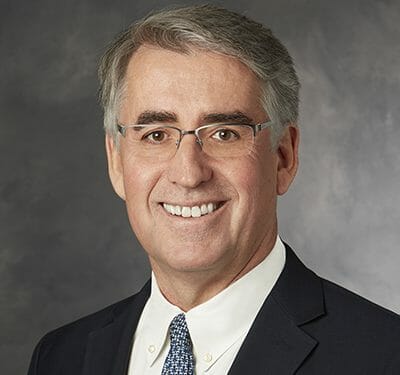With the pandemic giving the public paranoia who choose not to visit overcrowded hospitals, single-specialty hospitals are in demand now more than ever.
BusinessToday sat down with Dr William Maloney, Senior Advisor of TE Asia Healthcare and Prof Dr Azhar M. Merican, the President of MSHKS to talk about the importance of having more single-specialty hospitals and the importance of making healthcare more accessible.
What is the importance of having more single-specialty hospitals, particularly orthopaedic hospitals?
• As demand for more focused healthcare operations continues to increase, the mushrooming of single-specialty hospital services and specialised units are able to address these demands.
• The pandemic on the other hand has also shown us that general hospitals that are often overburdened may not be able to better address patient management and urgent needs.
• Hence, this is where single-specialty hospitals can come in to both lessen their burden and at the same time ensure patients do not prolong any treatments.
• Single specialty hospitals are also able to offer a more efficient healthcare structure, ensuring the network within the hospital is optimised.
• At the same time, with specialised staff and services, patients will also have the access to treatments that they are specifically looking for.
With the rise of single-specialty, can this make access to healthcare services wider and more accessible? What gaps can it tackle?
• The pandemic gave rise to paranoia among patients to visit government hospitals and multi-specialty facilities, which in return overburdened these hospitals. A single-specialty may be able to lessen the burden and provide timely action and respond to patients.
• At the same time, this can also reduce fatigue among healthcare workers.
• Single-specialty hospitals can also provide focused and advanced services in healthcare and with the right resources, different areas of healthcare can be accessible, convenient, and efficient.
What are some of the advantages and benefits patients can get from single-specialty hospitals?
• Single specialty hospitals are more efficient and can deliver operational advantages relevant to specialisation.
• At the same time, single specialty units can also promote innovation through specific technology. In hospitals such as ALTY Orthopaedic Hospital, the EOS and Weight-bearing MRI helps orthopaedic specialists to produce more accurate reports that can assist for more successful surgeries.
• Single-specialty hospitals can also provide dedicated facilities for patient and family support in cases such as medical trauma.
• Focused specialty hospitals will also be able to delivery, predictable, high-quality outcomes across the clinical hierarchy to junior doctors and nurses
• Healthcare staffs in a single-specialty hospitals are also on the same page which will then translate to patient satisfaction, better patient outcomes, and more cost-effective treatments.
• Single-specialty hospitals can also serve as a one-stop shop to treat complex surgeries and offer advanced treatments.
What challenges that are faced in public hospitals can be tackled by single-specialty hospitals?
• As mentioned above, public hospitals have faced overburdening both pre-and during the pandemic causing many delays in elective surgeries. Single-specialty hospitals on the other hand can lessen these burdens.
• Furthermore, with more dedicated resources, single-specialty hospitals can also focus on obtaining the right technology which may contribute towards the advancements of a specialised field.
What more can be done by single-specialty players such to make it more popular choice among potential patients?
• With the rise of single-specialty hospitals such as CVSKL, Beacon and ALTY Orthopaedic Hospital, to name a few, the popularity of single-specialty hospitals have definitely risen and have been able to meet increasing demands from patients
• Single-specialty hospitals are also providing more specialised pre-surgical and operative care.
• They are also investing in more technology that will help specialised surgeons to make more accurate analysis. Robots for instance enable surgeons to finetune alignments for more personalised knee replacement.
• Technology such as the EOS and Weight Bearing MRI are also some of the tech that have shown to offer more accurate reading enabling surgeons to achieve a higher success with their treatment.










